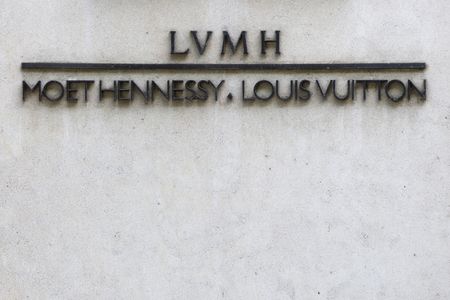By Stephen Culp
NEW YORK (Reuters) -Wall Street stocks turned sharply lower on Tuesday and Treasury yields dipped as revived trade tensions between Washington and Beijing and the prolonged U.S. government shutdown doused investor risk appetite.
All three major U.S. stock indexes veered deep into negative territory in early trading, with megacap momentum stocks pulling the tech-heavy Nasdaq down most. Crude prices fell and safe-haven gold prices jumped past the $4,100 mark.
But losses were pared after a report from the International Monetary Fund raised its global growth outlook as tariff shocks and financial conditions have proven more benign than expected, but warned that the trade war between the world’s two largest economies could slow output significantly.
“Investors are eager to take profits and protect their gains,” said Oliver Pursche, senior vice president at Wealthspire Advisors, in New York.
“We saw a pretty decent sell off on Friday and I think that reminded investors that trade disputes and instability around the world is still very much there and when you couple that with the absence of data being released as a result of the government shutdown there seems to be a general unease about everything.”
The United States and China began charging tit-for-tat port fees on Tuesday.
The trade war between the two has rattled world markets this year, and the tensions went from simmer to boil late last week after China announced tighter controls of its rare earth exports. U.S. President Donald Trump retaliated by threatening to hike tariffs on Chinese imports into the triple digits.
Market participants seemed to look past the unofficial kick-off of third-quarter earnings season, marked by largely upbeat quarterly results from a spate of high-profile financial firms including JPMorgan Chase, Goldman Sachs, Citigroup and Wells Fargo.
As the government shutdown rolls on due to a partisan congressional impasse, official economic data remains unavailable. But a report from the National Association of Independent Business showed small business sentiment deteriorating as inflation worries creep back to the fore.
The Dow Jones Industrial Average fell 59.24 points, or 0.13%, to 46,008.34, the S&P 500 fell 34.74 points, or 0.52%, to 6,619.98 and the Nasdaq Composite fell 229.87 points, or 1.01%, to 22,464.74.
European stocks slid to a near two-week low as renewed U.S.-China trade tensions soured investor sentiment and French tire maker Michelin cut its annual forecast, sending its shares to the lowest level in more than two years.
MSCI’s gauge of stocks across the globe fell 5.17 points, or 0.53%, to 975.92.
The pan-European STOXX 600 index fell 0.35%, while Europe’s broad FTSEurofirst 300 index fell 7.25 points, or 0.32%.
Emerging market stocks fell 13.50 points, or 1.00%, to 1,339.81. MSCI’s broadest index of Asia-Pacific shares outside Japan closed lower by 1.08%, to 694.99, while Japan’s Nikkei fell 1,241.48 points, or 2.58%, to 46,847.32.
Treasury yields declined but were off earlier lows, as concerns about trade tensions were calmed after the IMF lifted its growth outlook.
The yield on benchmark U.S. 10-year notes fell 0.7 basis points to 4.044%, from 4.051% late on Friday.
The 30-year bond yield rose 0.6 basis points to 4.6397% from 4.634% late on Friday.
The 2-year note yield, which typically moves in step with interest rate expectations for the Federal Reserve, fell 2.1 basis points to 3.502%, from 3.522% late on Friday.
Oil prices dipped on trade war jitters and a report from the International Energy Agency which raised the prospect of increased supplies and dampening demand.
U.S. crude fell 1.92% to $58.35 a barrel and Brent fell to $62.04 per barrel, down 2.02% on the day.
The dollar eased, the Swiss franc and the Japanese yen strengthened as safe-haven currencies benefited from heightened, trade-driven risk.
The dollar index, which measures the greenback against a basket of currencies including the yen and the euro, fell 0.11% to 99.19, with the euro up 0.18% at $1.1589.
Against the Japanese yen, the dollar weakened 0.2% to 151.97.
In cryptocurrencies, bitcoin fell 3.45% to $111,804.60. Ethereum declined 7.14% to $3,983.21.
Gold broke past $4,100, boosted by rising expectations of rate cuts from the U.S. Federal Reserve and safe-haven demand arising from the latest salvo in the Washington-Beijing trade spat.
Spot gold rose 0.47% to $4,129.56 an ounce. U.S. gold futures rose 0.32% to $4,121.80 an ounce.
(Additional reporting by Gregor Stuart Hunter in Singapore; Editing by Lincoln Feast, Shri Navaratnam, Sam Holmes, Gareth Jones and Timothy Heritage)











